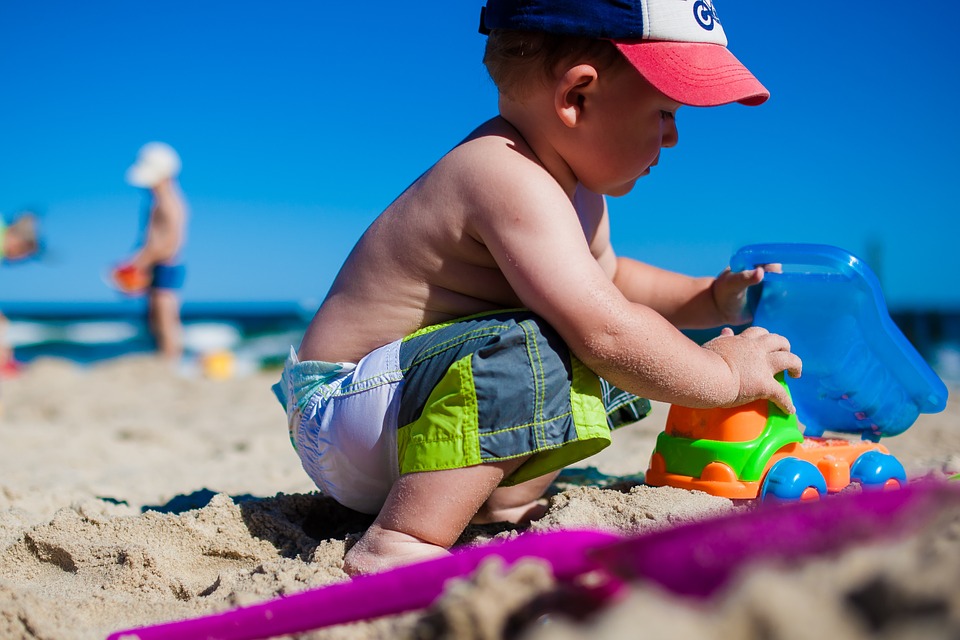According to Science, in every family, of all the siblings, the youngest ones are usually the ones singled out as immature, menace, attention-seeker, and sometimes little monsters. In addition to that, the youngest ones are the easiest to fool; someone as gullible as they are so most of them are the targets of pranks among the siblings.
A research on birth order found that the youngest children, in reality aren’t all that terrible. As this study was able to reveal that the last borns are often funnier than their older siblings.

Moreover, Science shows that they are way more fun to be with. Considering biig personalities and a penchant for entertainment, last-borns are the family’s grand finale; the goofiest out of all the siblings.
Every time there’s a get together with the whole family, they start joking with each other and the person who will make them laugh the most would be the youngest ones.
In contrast, the oldest are considered serious when it comes to responsibility; they are also the ones who are family-oriented. They help their youngest siblings live up to their fullest potentials. Furthermore, it’s also a common belief that that older siblings are more successful; that the youngest ones are funnier and more laid back. They consider themselves to relax more and to be outgoing. In addition, they have that different kinds of sense of humor compared to their brothers and sisters.
Science also reveals that the youngest children mostly win at life maybe because they’re the most hilarious. However, that ability to make people laugh may have developed “out of need.” The youngest in the family have to compete for their parent’s attention, and they’re likely to turn to humor to win them over.
The new study showed how often-speculated differences in character between first and last born children in a family do have some basis.
In comparison to other siblings, the youngest are more adventurous. Firstborns always assume the leadership role in the family while the youngest have to search for their own place. The last-borns are more likely to experiment and take more risks in order to assert their own talents and identities.
The researchers clarify: “To some extent age itself, rather than family dynamics, may be responsible for the differing characteristics. Older children, having had more time to get on in life, are more likely to say they are more successful than their siblings.
“But undoubtedly, there are family forces at work – parental attention soon shifts onto new arrivals, and first borns may have to learn the ropes themselves. As evidence, elder siblings are more likely to feel more organized and able to prioritize their own lives”.
The youngest ones are great at making friends and are usually more social and fun-loving while firstborns are more confident. Because they had to find their place among their siblings, they are manipulative, social, outgoing, and great at sales. Manipulative in a positive sense, to be clear. They know how to get around with people.
These things may have found that some of these stereotypes are true, but also that we all recognize it.
The study explains:
It turns out to be true that the oldest child in a family feels a greater weight of responsibility, while the youngest child feels a higher level of breathing room.

